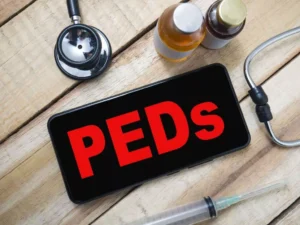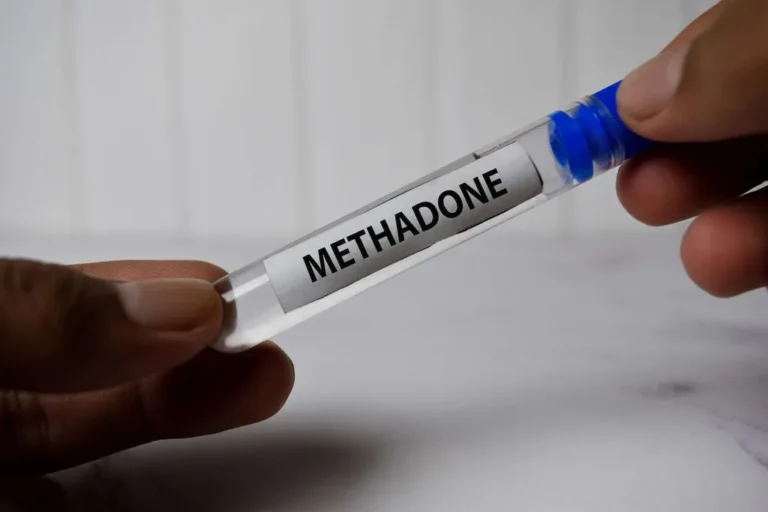Effects of Alcohol on Human Aggression PMC

It destroys more alcoholics than anything else.” Addressing both addiction and anger is crucial. But as you continue to drink, you become drowsy and have less control over your actions. FDA (Food and Drug Administration) has approved the following drugs to cope with alcohol dependence. The management for a person who is addicted and has anger issues includes the following ways. Reframe supports you in reducing alcohol consumption and enhancing your well-being.
- One study found that chronic alcohol use decreases the function in the prefrontal cortex, which plays a key role in impulse control.
- It also noted that sexual aggression was higher with alcohol, even in men with low trait anger and reasonable anger management skills.
- For example, a person with high trait anger is prone to aggression 11, but contextual or situational instigators must first provide the initial urge towards aggression.
Alcohol and marital aggression in a national sample of young men
They completed surveys assessing their endorsement of traditional masculine norms, use of thought suppression, and both trait and alcohol-related aggression. It was found that thought suppression mediated the association between the toughness masculine norm and alcohol-related aggression. Another study of 249 heavy drinkers similarly found that alcohol intoxication predicted higher levels of IPV in those who reported low psychological flexibility (Grom et al., 2021).

Similar content being viewed by others
The terms “anger” and “aggression” are usually used interchangeably; however, there is a difference between Anger and aggression. Anger is an emotion experienced when you feel threatened and frustrated, while aggression is a behavior in which you can harm yourself, your family, and others. Alcohol can cause irrational aggression, resulting in domestic violence and psychological issues. Our emotional state before drinking can also influence how we behave under alcohol’s effect. If we’re already feeling angry, upset, or stressed out, alcohol can magnify these feelings.
How Long Does Addiction Recovery Take?

In this case, our angry outbursts might be more about what’s going on inside us than the alcohol itself. As we alcoholic rage syndrome continue to drink, the alcohol starts to affect different parts of the brain, especially those responsible for aggression and self-control. It’s like the brain is on a wild roller coaster ride — one minute we’re peacefully cruising along, and the next, we’re rocketing down a steep slope with the wind screaming in our ears. Addiction recovery and anger are often uneasy partners, but that does not mean recovery is impossible. Interrupting the anger response after recognizing it early can help you manage angry feelings before they result in inappropriate actions.

Relapsed individuals often start another negative cycle of alcohol-related problems and suffering in themselves and others (Lowman et al., 1996; Marlatt & Gordon, 1980). Notwithstanding the progress that has been made in the alcohol use disorders treatment field, innovative treatment strategies are still needed. The journal Experimental and Clinical Psychopharmacology reports on studies showing that alcohol can increase aggression in both men and women, but more so in men. Alcohol impairs a person’s executive functioning, making it harder for them to think clearly and make rational decisions. Impulse control is affected, and individuals under the influence of alcohol may have a shorter fuse than they otherwise would.
- An angry person tends to seek out stimuli that activate feelings of anger.
- Regardless, treatment for emotional regulation is an important aspect of a specialized addiction care model, and someone prone to aggression, violence, or angry outbursts can benefit from an integrated program that focuses on controlling impulses and maintaining emotional balance.
- Of course, availability of an aggressive response does not mandate its enactment.
- Anger often leads to excessive drinking, which can then amplify anger issues.
Discover content

Alcohol-related anger can present with different signs and symptoms, varying from person to person. As alcohol can affect different body parts, including your heart, brain, muscles, and hormone regulation, there are both psychological and physiological signs. Sometimes, a victim who has experienced abuse or mental trauma may get addicted to alcohol.
The treatment should target both the person’s mental health and substance use disorder as two parts of a whole. Alcohol withdrawal can be potentially life-threatening, in the case of severe dependence. Medical detox is typically considered the optimal method for allowing alcohol to safely process out of the body while under continual medical supervision. When people have difficulty controlling impulses, trouble regulating their emotions, or may present a danger to themselves and/or others, medical detox is required. Medical detox programs are often the first stage in a comprehensive addiction treatment program.
Alcohol and Anger Management
If you or your close ones are struggling with alcohol misuse or alcohol-related anger, you can consult online with Confidant Health’s professionals. To get started, you can download Confidant Health’s app by downloading the link from its official page. It is tough to face someone struggling with alcohol-related anger, especially if they are your family member as a sibling, parent, spouse, or friend. Sometimes, you may also have feelings of guilt and shame along with these signs of anger. Plus, we’re always introducing new features to optimize your in-app experience. We recently launched our in-app chatbot, Melody, powered by the world’s most powerful AI technology.
Effects of Alcohol on Human Aggression
Finally, although beyond the scope of the present paper, consideration of multiple dimensions of affect and affective disorders may lead to a deeper understanding of the role of anger and other negative affect states in the treatment of alcohol dependence. Although little empirical work addresses the role of anger in the treatment of alcohol dependence, research has focused on other affect experiences. The Kelly et al. (2011) secondary analyses of the Project MATCH data indicate that attending AA meetings may reduce depressive symptoms, thereby improving drinking outcome. Finally, improvements in positive affect may also play an important role in treatment outcomes; enhancing positive affect may serve as a protective effect on the experience of stress for alcohol dependent individuals (see McHugh, Kaufman, Frost, Fitzmaurice & Weiss, 2013).

Leave a Comment